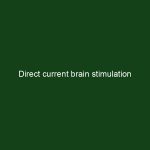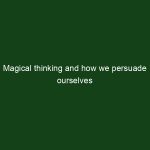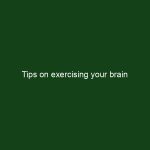Few of the methods we offer are invented by us, more methods are based on cutting-edge research. Yet, some of the most important self-improvement techniques are very old. In this guest article, Daniel Dishman mentions one of the ancient techniques: Buddhist mandala practice. The mandala practice tends to be very complex emotionally charged for the …
Continue reading “How to Improve Visual Memory with the Help of Mandala?”











